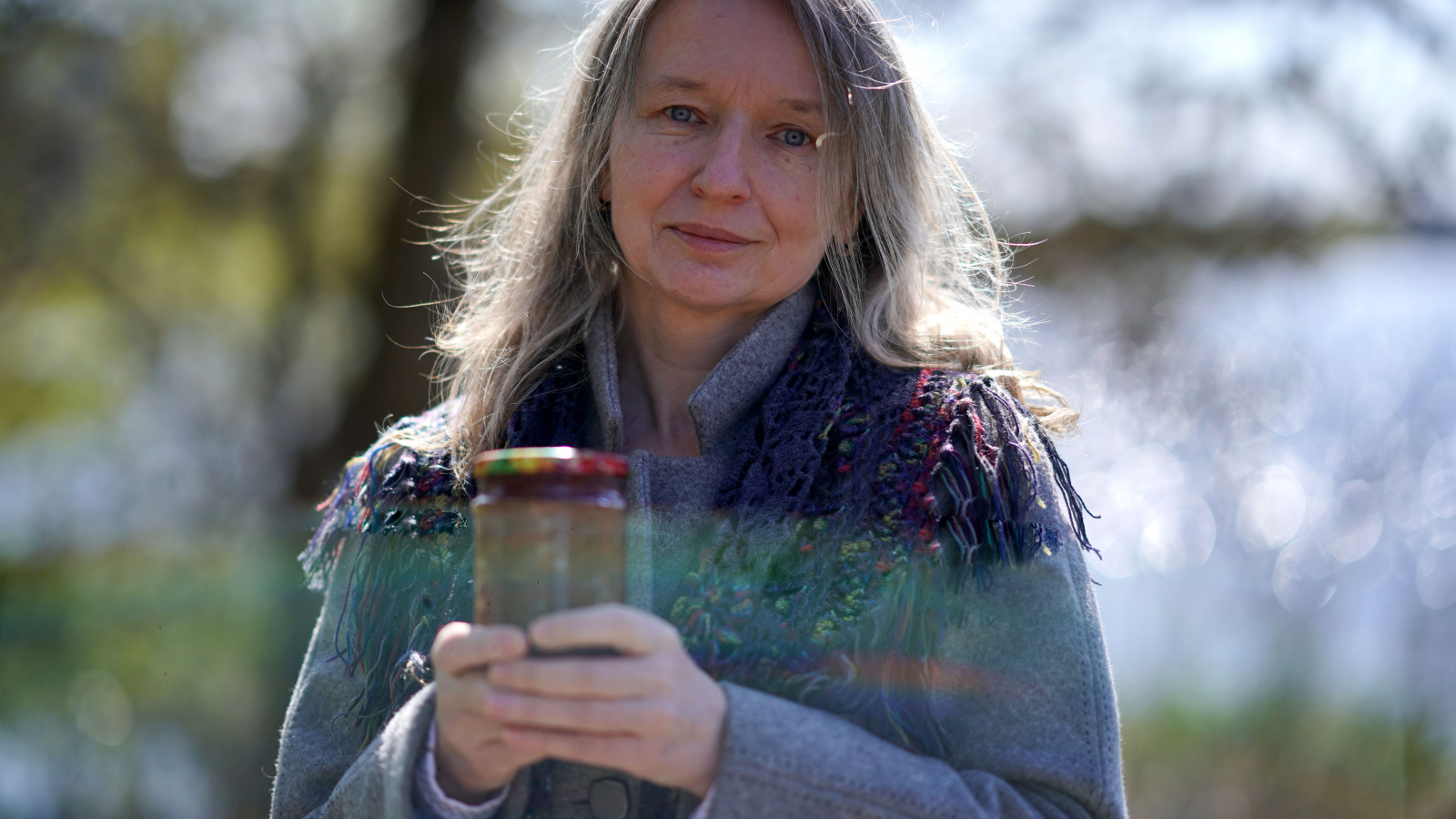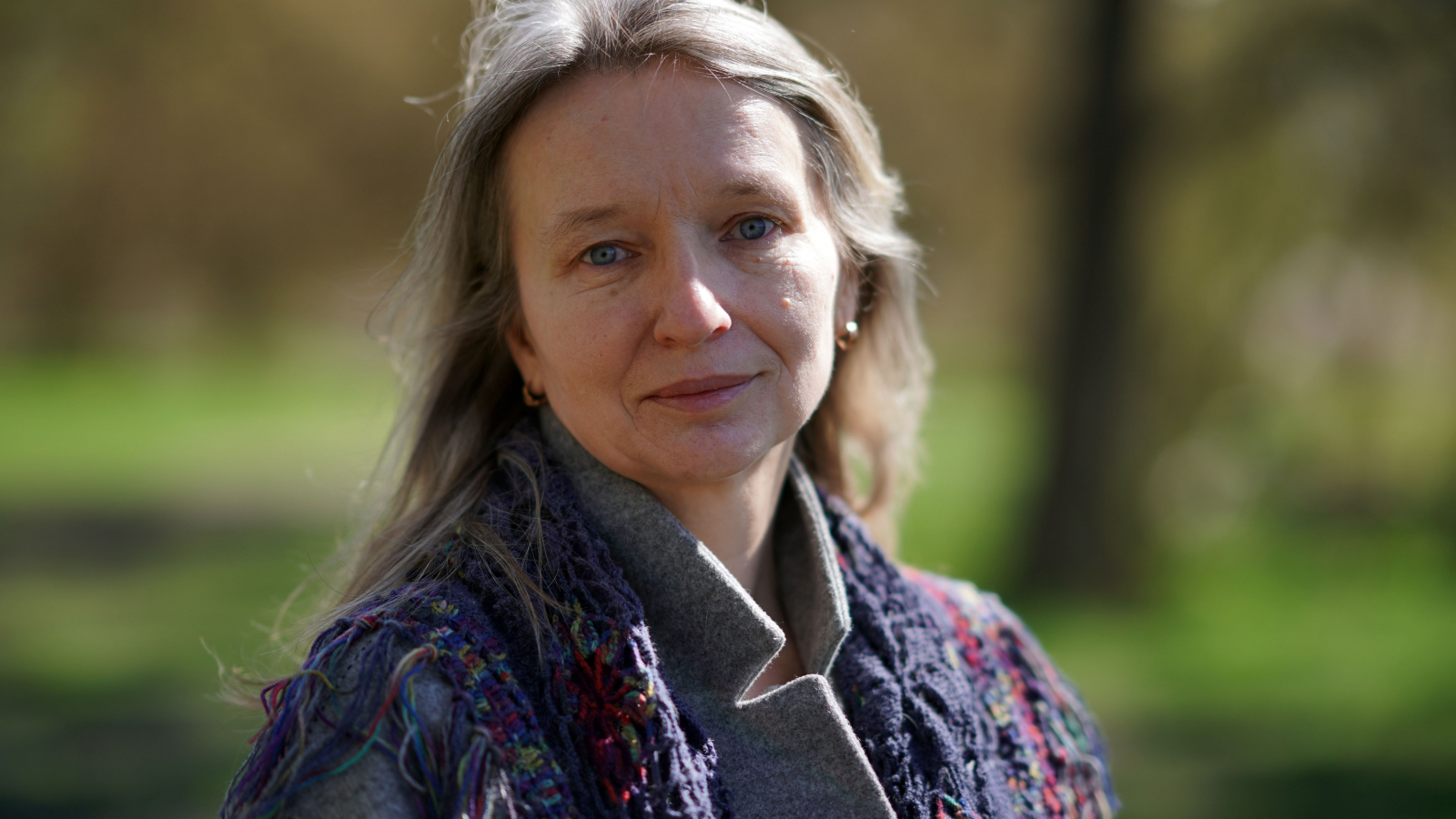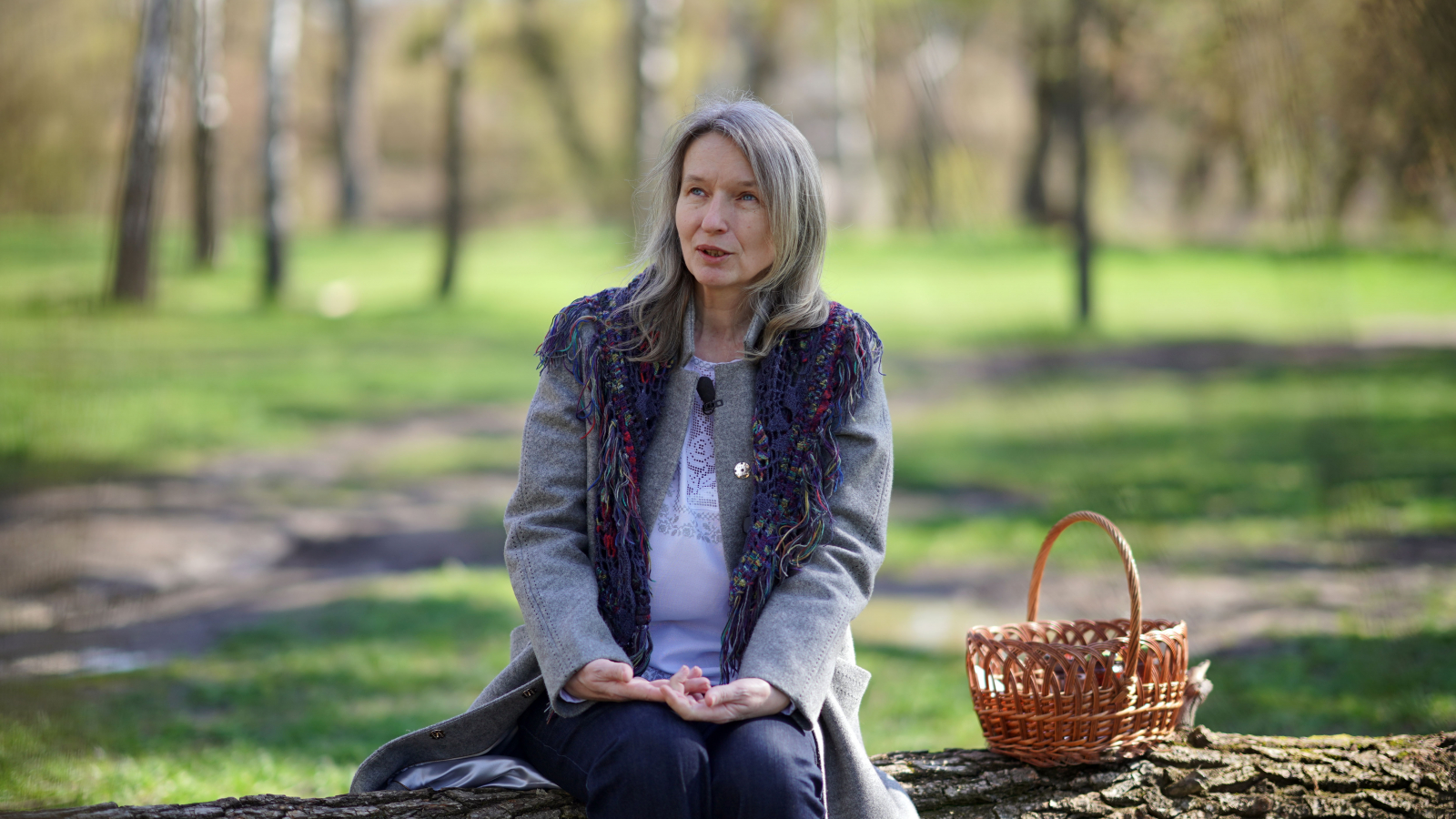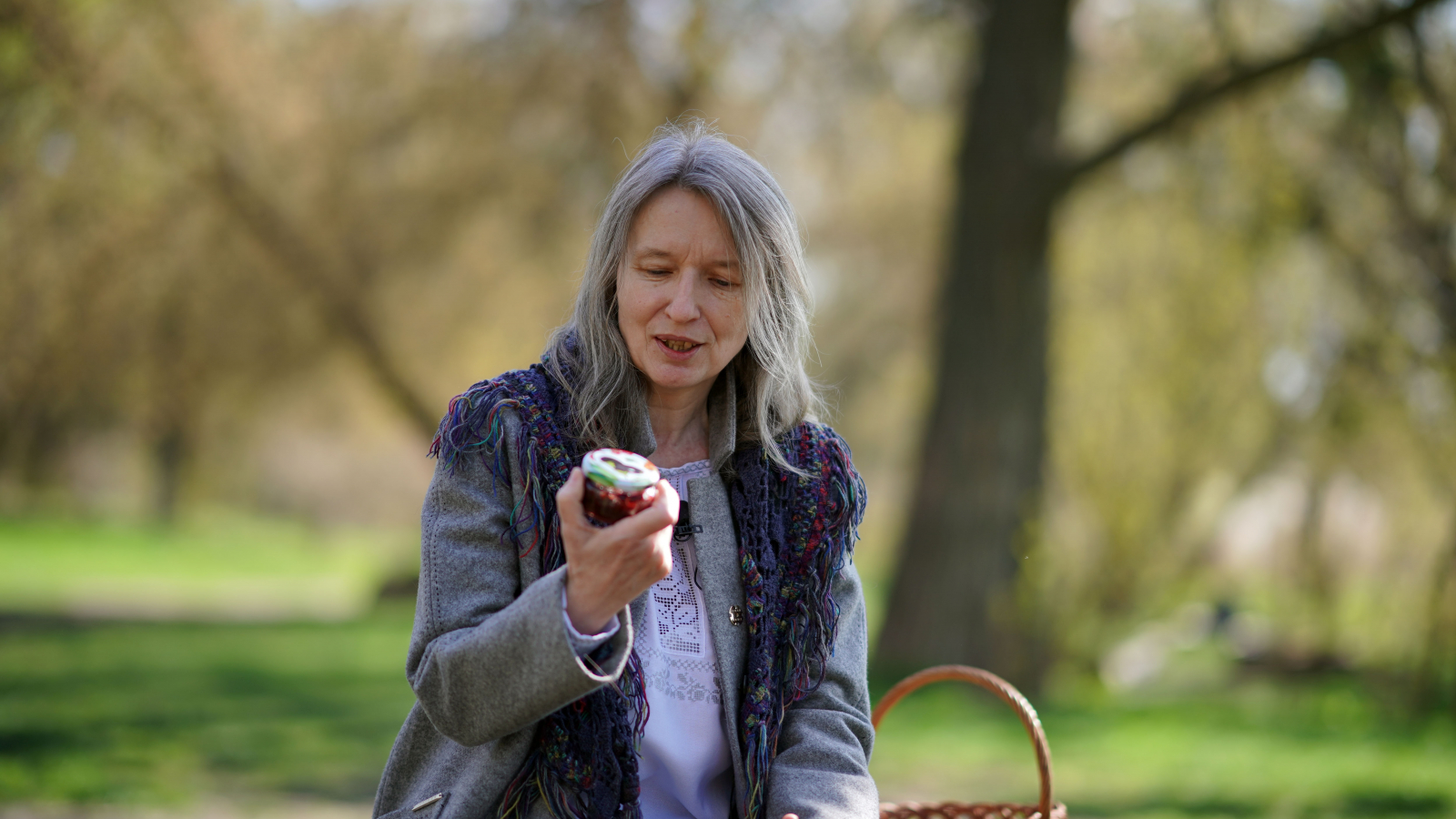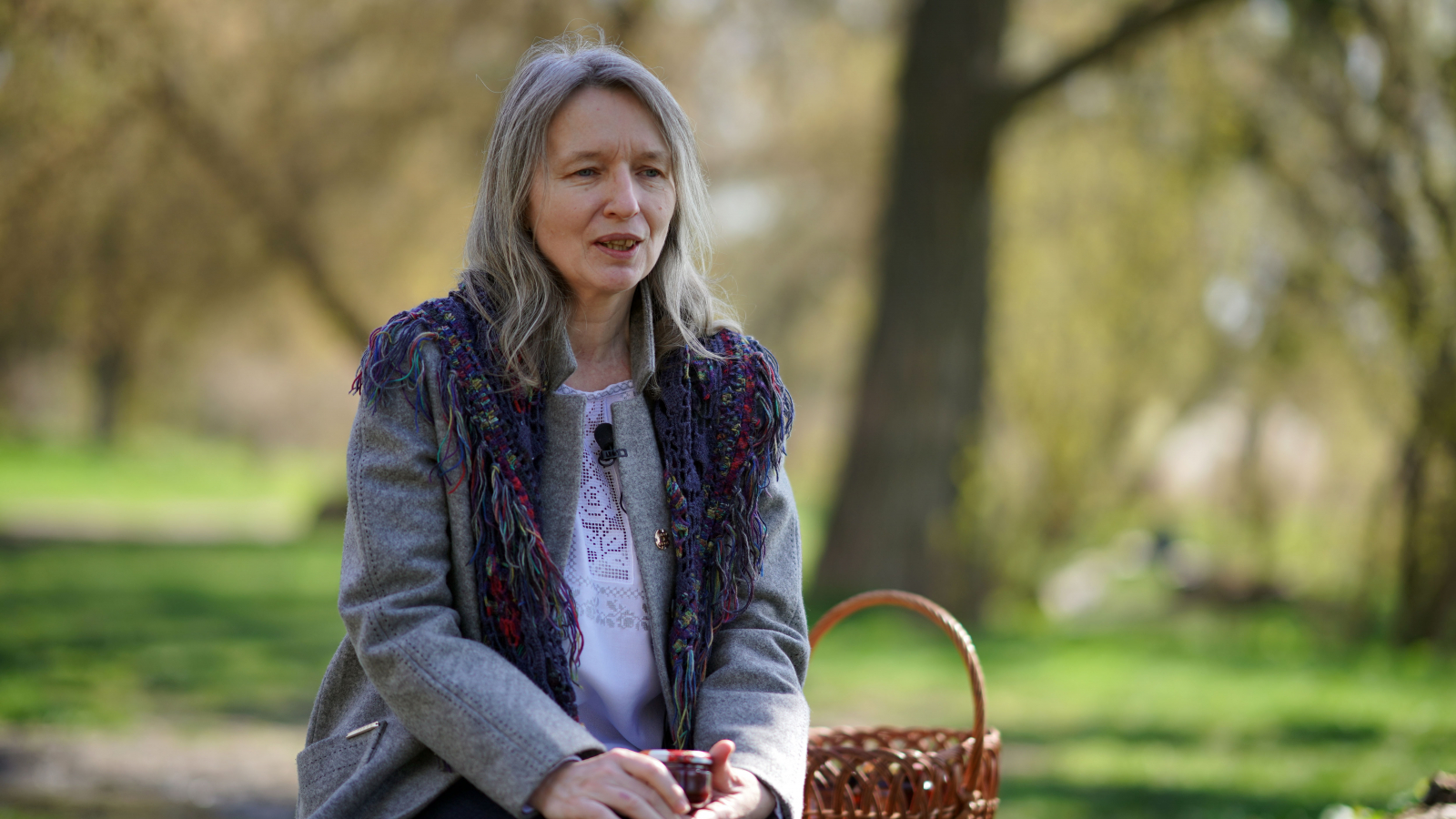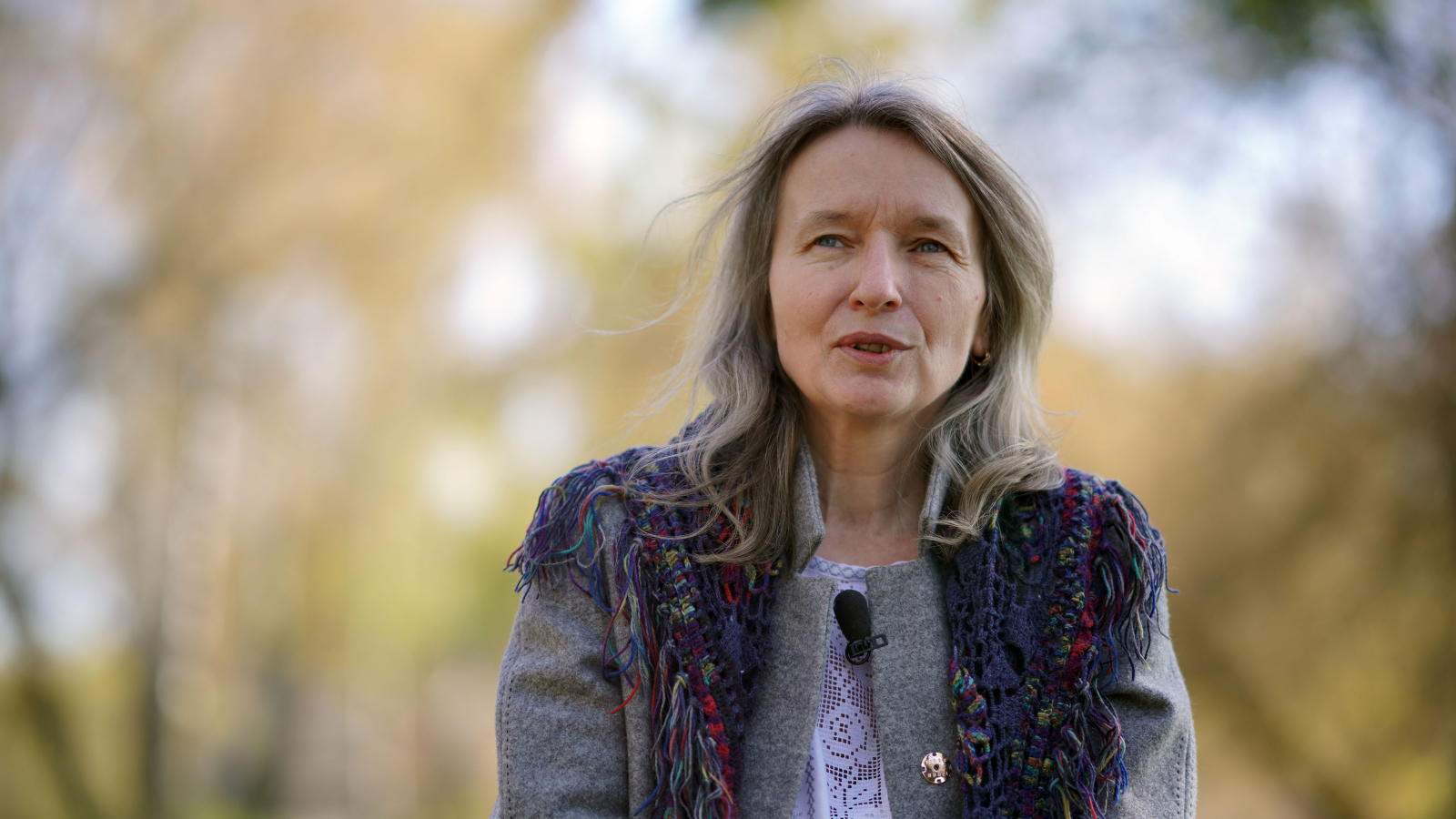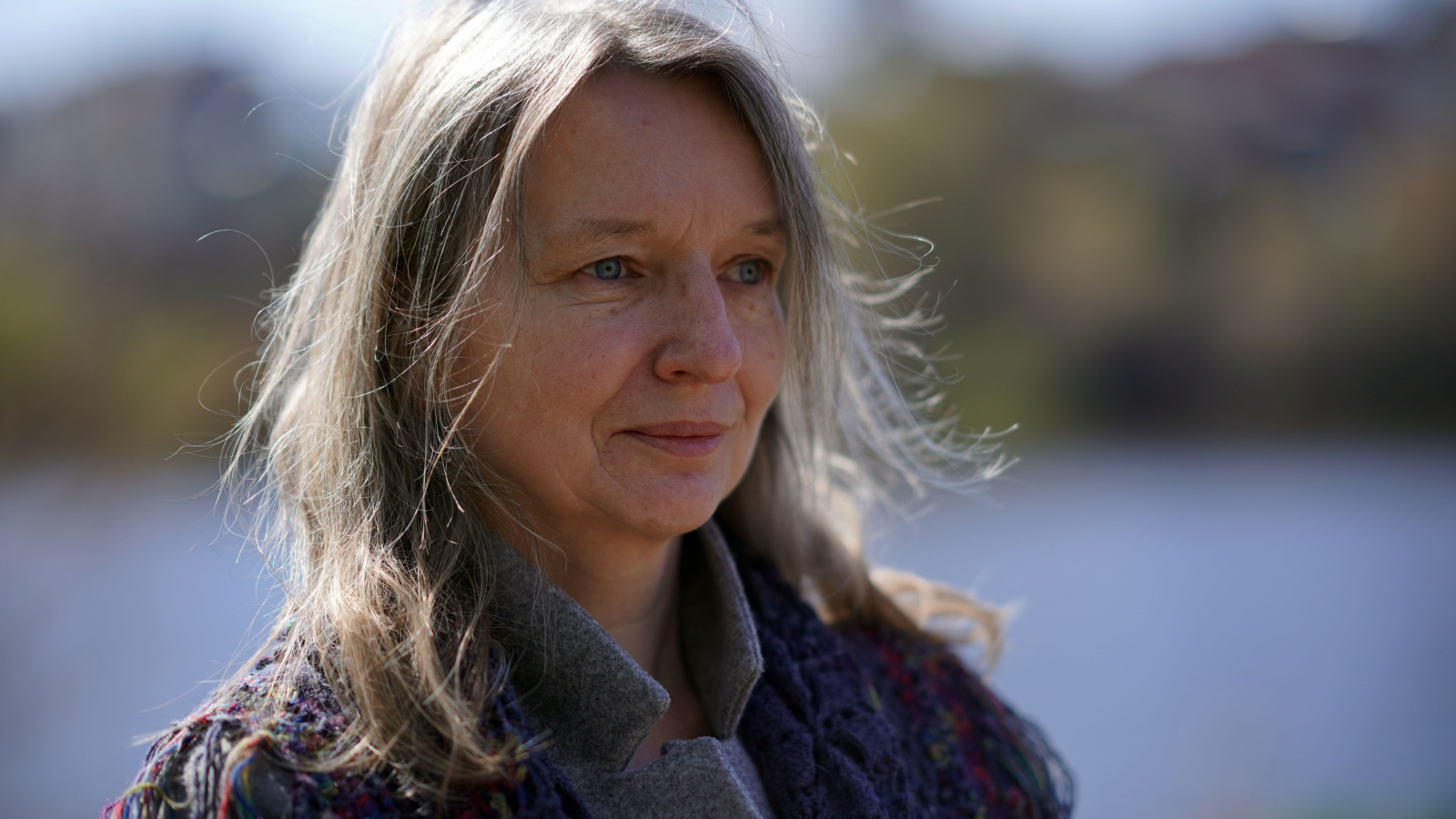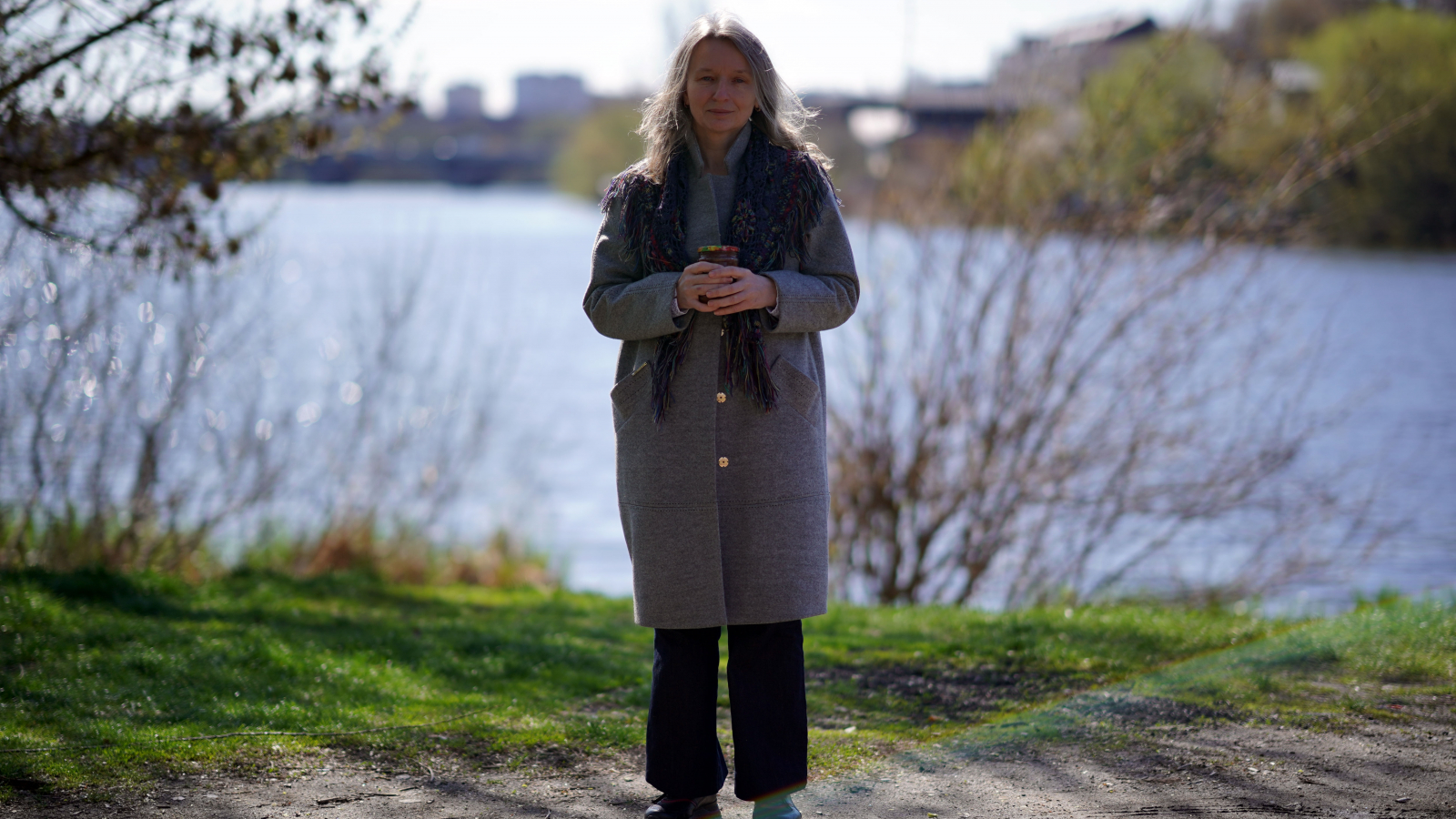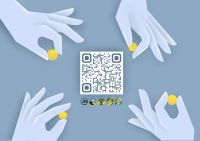Originally published on https://euneighbours.eu/en/
Oksana Yatsiuk, a civic activist from Vinnytsia, has proposed an idea to establish self-help groups to counter COVID-19 disinformation. To set up the groups, Oksana focused on her personal and information security training experience.
The idea came to Oksana’s mind while she was making jam
Since the very beginning of the lockdown, Oksana Yatsiuk has been actively publishing Facebook posts on the risks of panic caused by disinformation. Some of these were even used in developing an interactive training.
“I started writing posts on Facebook and explaining different things. But how many posts do people have to read to understand that they should not share everything that they share?” the activist wonders.
The idea to establish self-help groups came to Oksana’s mind accidentally, when she came face to face with people’s fears related to the COVID-19 pandemic.
“We escaped to a remote village because there was a lockdown in our city. We did not know what would happen next. In fact, there were no people or Internet in the village. One day, when I was making jam in our garden, my neighbours visited me and told me news on the coronavirus, which they had heard from outside the village. And they told me very interesting things! But I was shocked by the fact that most of them were sure that coronavirus was a made-up story. This was my “jam insight”. I thought about how our activities could be transformed into higher-level actions targeted at the needs of more people. When we produce monitoring content, it is read by civil servants and journalists. But what should we do to involve more people in the development of the information security space and how could we make it more accessible for them?” Yatsiuk asked.
Oksana Yatsiuk decided to set up self-help groups because she had already had similar experience before the lockdown started.
Oksana makes jam and fights with disinformation
The activist recalls how the Maidan Monitoring Information Centre had come across a grant announcement. “The team of the Information Security School had developed a project, and I submitted the project proposal for a call of the Black Sea Trust for Regional Cooperation,” says Yatsiuk.
Oksana’s unique vision of working with people in times of crisis helped her to receive a grant from the Equal Rights and Independent Media NGO (ERIM – formerly IREX Europe) and Black Sea Trust for Regional Cooperation and turn the idea into reality. The activist managed not only to build a network of self-help groups in different regions of Ukraine, but also to mobilise people who deal with information security issues in their communities and are ready for joint efforts. The self-help group project was launched in the autumn of 2020. It is aimed at involving people in the development of the information security space in their communities, preventing the dissemination of panic-inducing information, and promoting awareness-raising activities. Under the project, Oksana Yatsiuk has held Information Security School trainings for all who are interested in organising self-help groups. She also holds online trainings that provide consultations and support to such groups. Moreover, the project team is developing a special guide for the groups.
“In movies, you often see war veterans who share their feelings and problems in such groups. And I thought that similar groups could be established in information security. In such self-help groups, people will be equal and will be able to share their worries and receive support from other participants,” says Yatsiuk.
As of today, 48 people have been trained to set up self-help groups and 19 self-help groups have been formed to fight the infodemic – educational, youth, study group, micro-district, and private social media groups. Moreover, 20 webinars entitled “Organising self-help groups to survive during the infodemic” have been held. People from different regions of Ukraine have participated in Information Security School online trainings, including entrepreneurs, teachers, journalists, and young and elderly people.
Why disinformation is harmful and how to stop believing lies
Oksana Yatsiuk explains how hostile propaganda authors create an environment of anxiety because people under continuous stress are less able to make informed and balanced decisions and are more easily manipulated. The activist also noted that most fake news stories are spread via Viber groups.
“Facebook is no longer a leader in disseminating fake news. For example, when we published fake news for discussion in our private group with a small number of members, Facebook marked it as false information. It means that Facebook is pursuing a serious anti-fake policy, in particular related to COVID-19, and is moving towards a safer environment. Unlike Facebook, Viber groups make me sad. A Ukrainian citizen, whose child goes to school or kindergarten, may not have a Facebook account, but he or she is for sure registered in a Viber group, where any information can be published and totally uncontrolled. In other words, if somebody writes ‘Pray because tomorrow will be the end of the world’, no Viber administrator will control this,” says Yatsiuk.
According to Oksana, a lot of fake news stories are posted in these groups. The woman stressed that a person’s education does not play a role in whether or not they believe false information.
Oksana talks on conspiracy theories and fears
Oksana with her jam
“People believe fake news because the human fear factor is triggered, and fear is a natural reaction. A person feels anxiety when he or she is exposed to a constant flow of negative information. And instead of disregarding such information, people share it with their friends and acquaintances. We tried to explain to people that they should understand why they have such reactions and why information evokes fear, gives birth to hope, or induces positive emotions,” says Yatsiuk.
According to the activist, 5G masts, conspiracy theories related to the pandemic, and COVID-19 vaccination risks were among the most popular fake stories disseminated on the Internet over the last year. People dealing with information security or media literacy tend to trust fake news less, since they have some “information immunity”. Yatsiuk says that if a message induces strong emotions, it most likely contains concealed manipulations.
“Information can be conveyed in different ways: it may evoke fear, or it may set your mind at rest. Because of junk information circulating everywhere, people cannot distinguish true stories from false ones. The lack of education on information hygiene is critical. We all wash our hands according to hygiene requirements that we learned as children. We know that failing to maintain proper hygiene can open the door to different diseases and even death. Now, everybody has to learn ‘information hygiene’,” underlined Yatsiuk.
The activist noted that fake news stories influence our subconscious because people react to them before they understand the reason for their reaction. When people are faced with a choice, they always try to choose something.
“People have to understand why they get hooked on fake news. We will be vulnerable to information attacks until most people master panic-prevention skills. Applying common sense and preserving mental and physical health should be the primary objectives of people,” added the activist.
The Maidan Monitoring Information Centre has a vast experience in Internet freedom. Its team has held numerous trainings on information hygiene and methods to counteract disinformation campaigns. Under the project ‘COVID-19: Civil Society Resilience and Sustainability’, the centre uses knowledge of civic leaders and invites them to set up self-help groups to fight the pandemic. This innovative idea is based on strong links within communities and enhances the capacity of citizens to develop strategies to tackle fake news related to COVID-19.
Author: Alina Turishin
Article published in Ukrainian and Russian by 24tv.ua
@euneighbourseast #strongertogether








